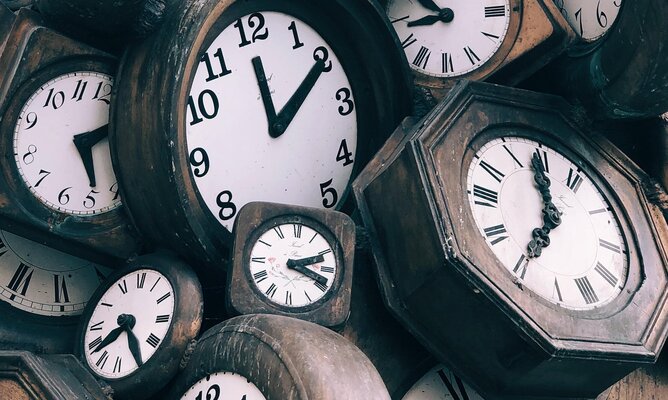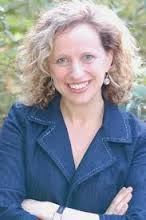When all seems too much to bear, there can be solace in language. Perhaps we might look to the Psalmist.
For God is angry but a moment, and when He is pleased there is life. One may lie down weeping at nightfall; but at dawn there are shouts of joy. When I was untroubled, I thought, “I shall never be shaken,” for You, O Lord, when You were pleased, made [me] firm as a mighty mountain. When You hid Your face, I was terrified. (Psalm 30: 6-8)
It can feel like the ancient poets understood us. They too felt bewilderment at life’s extremes, the peaks and the dips, the sadness and the loss. In addition to the Psalmist, Kohelet (Ecclesiastes) seemed to perfectly express life’s different seasons: love and hate, peace and war, joy and grief. It can be comforting to hear that what we feel is timeless, a universal and inevitable aspect of the human experience. Sometimes, a quiet moment with a line of ancient poetry or prayer can be just the salve.
In our world, though, who has quiet moments? COVID quarantines seemed as though they could give us some respite, but the truth of the last year has been far more complicated. For some of us, COVID has been the least of the drama. We’ve lost jobs, faced all sorts of illnesses, and found emotional wounds we didn’t know we had. Thankfully, for many of us, it hasn’t been all bad. We’ve also celebrated marriages, births, and hopefully, many joyful moments of laughter and satisfaction. And we’ve experienced all of it with the fullest of schedules, taking care of the bills and putting dinner on the table with very little time to grieve or to feel deeply.
It’s hard to imagine the Psalmist sitting in traffic, paying taxes, or doing the laundry.
And what of those quiet moments? A friend who lost her mom last week went back to work today. She said, “I wish I could just stay at home with the mirrors covered, lying in bed.” How we long for more time to feel each feeling and to live each extreme more fully.
Unfortunately, our lives today don’t come with clear boundaries for our time and our attention.
Poets of our own era can help us express this. Who better than the late Israeli poet laureate Yehuda Amichai to express our most honest reality? In his poem “A Man in His Life,” he expresses a deep human truth: we don’t get to choose our seasons or our times.
A man doesn’t have time in his life
to have time for everything.
He doesn’t have seasons enough to have
a season for every purpose. Ecclesiastes
Was wrong about that.
A man needs to love and to hate at the same moment,
to laugh and cry with the same eyes,
with the same hands to throw stones and to gather them,
to make love in war and war in love.
Being mortal, we will never get the time we could use to sit and feel our feelings the way we might want. Instead, we will have to keep moving forward, carving out moments to express our grief along with moments to laugh heartily. This is another kind of human experience, one where we can move gracefully through our own lives, one action, one feeling at a time. In the acceptance of that reality lies the possibility of a third kind of poetry, a language of breathing and being, rhythm and silence, ebb and flow, that can ultimately transcend words. With simply a glance at another person, we can know we are not alone. Instead, we are facing the intensity of our world in community. Even in the less-than-quiet moments, when we are overwhelmed with life’s extremes and barely have time to notice, we can, perhaps, gain solace in that poetry: the unspoken words of our shared humanity.
Get To Know The Author
WGF/DS Alum Rabbi Abby Sosland (Class 6) is an educator, writer, and spiritual advisor based at The Leffell School in Westchester County, New York.


